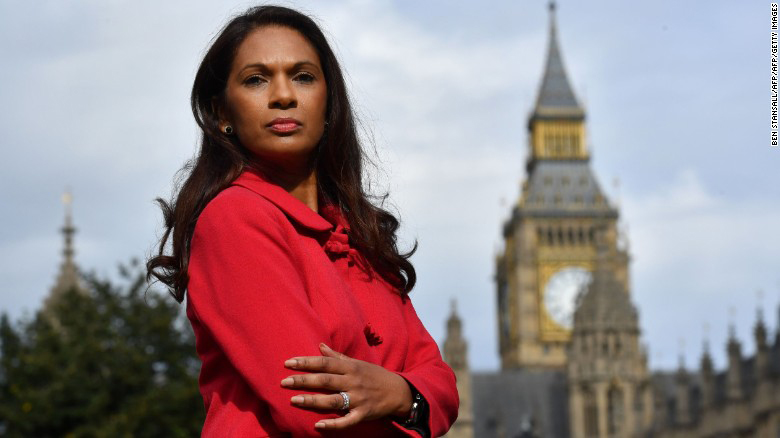Gina Miller, investment manager, philanthropist, social justice advocate and pioneer of the 2016 R. vs Secretary of State for Exiting the European Union case, in conversation with Sherah Beckley, Thomson Reuters Sustainability Editor, elaborates on her journey from growing up in Guyana to achieving success in business. Miller, the daughter of late former Attorney-General Doodnauth Singh, explains how she maintains a balance in her life and gives insight into what drives her commitment to fighting for justice and tools needed to be a strong and independent leader.
Sherah Beckley: Can you give us the highlights in your journey that have moulded you into becoming who you are today?
Gina Miller: The first biggest influence in my life is my father. I am a female image of everything he believed in; — the rule of law, the stabilised society, social justice and the idea of never taking anything for granted. These simple things became the foundation of who I am. A real milestone for me was the birth of my eldest daughter, (who will be 31 soon.) I had made a plan of action: I was going to be successful, and I didn’t want to step off the career ladder. So, I deliberately chose to have her early after university. But she was starved of oxygen on the night of her birth because no one was around to deliver her. Her mental age is about six or seven and because of this, they wanted to institutionalise her, for me to give her up. Its fortunate I listened to my own voice, because I knew what was best for her. “I am best for her. I am her mother. And I could still do all the things I want to do.” I thought, whatever was going to happen, I could cope with, but I couldn’t cope with not having her. That was a major formation of character. That’s when I learned to fight because I wasn’t fighting for myself. I was fighting for her. I fought with the local authorities, the schooling system, with the doctors, and my own family. It ended my first marriage, because her father couldn’t quite accept it. Everyone wanted her looked after, but not by me. That taught me a lot, and I began to realize how strong I was. Mother’s instinct, you know? And the next time would be the court case; the Supreme Court case was extraordinary. I still find it quite difficult to absorb what that means. The two common aspects between raising my daughter and the Supreme Court case are that I just did what I thought was right. It was no big deal to me. I was just doing what was right. But it really dawned on me when a student handed me a paper they had written, during one of my first lectures which had cited the court case. To see it being taught at university was a very special moment.


